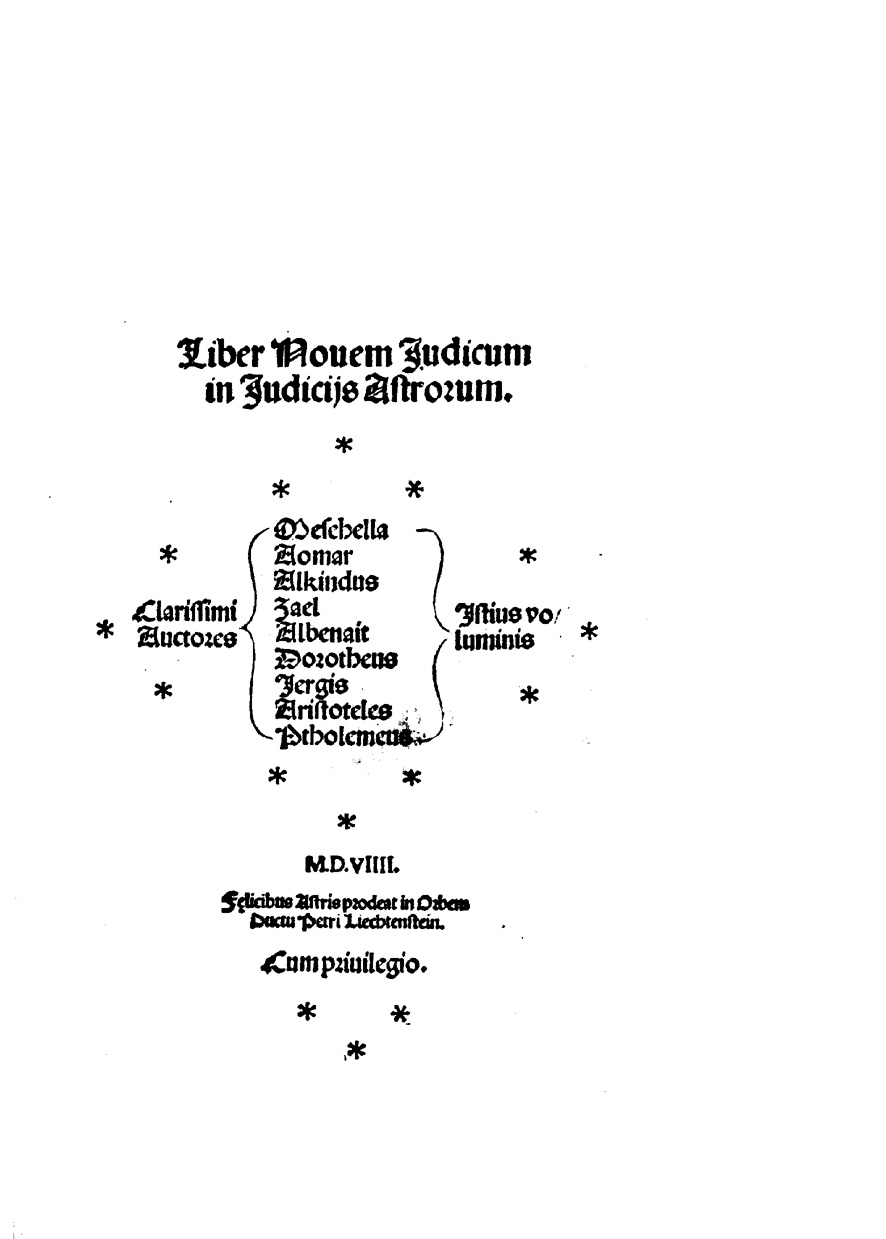|
Al Kindi
Abū Yūsuf Yaʻqūb ibn ʼIsḥāq aṣ-Ṣabbāḥ al-Kindī (; ar, أبو يوسف يعقوب بن إسحاق الصبّاح الكندي; la, Alkindus; c. 801–873 AD) was an Arab Muslim philosopher, polymath, mathematician, physician and music theorist. Al-Kindi was the first of the Islamic peripatetic philosophers, and is hailed as the "father of Arab philosophy". Al-Kindi was born in Kufa and educated in Baghdad. He became a prominent figure in the House of Wisdom, and a number of Abbasid Caliphs appointed him to oversee the translation of Greek scientific and philosophical texts into the Arabic language. This contact with "the philosophy of the ancients" (as Hellenistic philosophy was often referred to by Muslim scholars) had a profound effect on him, as he synthesized, adapted and promoted Hellenistic and Peripatetic philosophy in the Muslim world. He subsequently wrote hundreds of original treatises of his own on a range of subjects ranging from metaphysics, ethi ... [...More Info...] [...Related Items...] OR: [Wikipedia] [Google] [Baidu] |
Islamic Philosophy
Islamic philosophy is philosophy that emerges from the Islamic tradition. Two terms traditionally used in the Islamic world are sometimes translated as philosophy—falsafa (literally: "philosophy"), which refers to philosophy as well as logic, mathematics, and physics; and Kalam (literally "speech"), which refers to a rationalist form of Scholastic Islamic theology which includes the schools of Maturidiyah, Ashaira and Mu'tazila. Early Islamic philosophy began with Al-Kindi in the 2nd century of the Islamic calendar (early 9th century CE) and ended with Averroes (Ibn Rushd) in the 6th century AH (late 12th century CE), broadly coinciding with the period known as the Golden Age of Islam. The death of Averroes effectively marked the end of a particular discipline of Islamic philosophy usually called the Peripatetic Islamic school, and philosophical activity declined significantly in Western Islamic countries such as Islamic Iberia and North Africa. Islamic philosophy persi ... [...More Info...] [...Related Items...] OR: [Wikipedia] [Google] [Baidu] |
Metaphysics
Metaphysics is the branch of philosophy that studies the fundamental nature of reality, the first principles of being, identity and change, space and time, causality, necessity, and possibility. It includes questions about the nature of consciousness and the relationship between mind and matter, between substance and attribute, and between potentiality and actuality. The word "metaphysics" comes from two Greek words that, together, literally mean "after or behind or among he study ofthe natural". It has been suggested that the term might have been coined by a first century CE editor who assembled various small selections of Aristotle's works into the treatise we now know by the name ''Metaphysics'' (μετὰ τὰ φυσικά, ''meta ta physika'', 'after the ''Physics'' ', another of Aristotle's works). Metaphysics studies questions related to what it is for something to exist and what types of existence there are. Metaphysics seeks to answer, in an abstract and fu ... [...More Info...] [...Related Items...] OR: [Wikipedia] [Google] [Baidu] |
Abu Zayd Al-Balkhi
Abu Zayd Ahmed ibn Sahl Balkhi ( fa, ابو زید احمد بن سهل بلخی) was a Persian Muslim polymath: a geographer, mathematician, physician, psychologist and scientist. Born in 850 CE in Shamistiyan, in the province of Balkh, Greater Khorasan, he was a disciple of al-Kindi. He also founded the "Balkhī school" of terrestrial mapping in Baghdad. Al-Balkhi is believed to have been the first to diagnose that mental illness can have psychological and physiological causes and he was the first to typify four types of emotional disorders: 1) fear and anxiety, 2) anger and aggression, 3) sadness and depression, and 4) obsessions. Biography According to Abu Muhammad al-Hassan ibn al-Waziri, who was a student of the polymath, Abu Zayd al-Balkhi was a man whose face was covered in scars that he acquired following a bout with smallpox. In addition to this, he had a reserved and isolated character, leading scholars to have a lack of knowledge on his personal life. Approximately ... [...More Info...] [...Related Items...] OR: [Wikipedia] [Google] [Baidu] |
Al-Khalil Ibn Ahmad Al-Farahidi
Abu ‘Abd ar-Raḥmān al-Khalīl ibn Aḥmad ibn ‘Amr ibn Tammām al-Farāhīdī al-Azdī al-Yaḥmadī ( ar, أبو عبدالرحمن الخليل بن أحمد الفراهيدي; 718 – 786 CE), known as Al-Farāhīdī, or Al-Khalīl, was an Arab philologist, lexicographer and leading grammarian of Basra based on Iraq. He made the first dictionary of the Arabic language – and the oldest extant dictionary – ''Kitab al-'Ayn'' ( ar, كتاب العين "The Source")Introduction to ''Early Medieval Arabic: Studies on Al-Khalīl Ibn Ahmad'', pg. 3. Ed. Karin C. Ryding. Washington, D.C.: Georgetown University Press, 1998. – introduced the now standard harakat (vowel marks in Arabic script) system, and was instrumental in the early development of ʿArūḍ (study of prosody),al-Khalīl ibn Aḥmad< ... [...More Info...] [...Related Items...] OR: [Wikipedia] [Google] [Baidu] |
Mu'tazila
Muʿtazila ( ar, المعتزلة ', English: "Those Who Withdraw, or Stand Apart", and who called themselves ''Ahl al-ʿAdl wa al-Tawḥīd'', English: "Party of ivineJustice and Oneness f God); was an Islamic group that appeared in early Islamic history and were known for their neutrality in the dispute between Alī and his opponents after the death of the third caliph, Uthman. By the 10th century CE the term had also come to refer to an Islamic school of speculative theology (kalām) that flourished in Basra and Baghdad (8th–10th century).Mutazilah ", ''''. The later Mu'tazila school developed an |



_-_BAE09705.jpg)